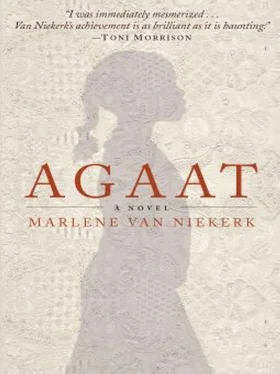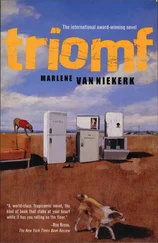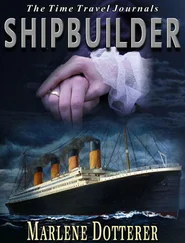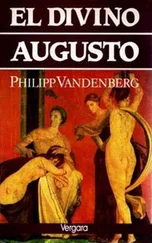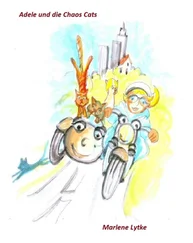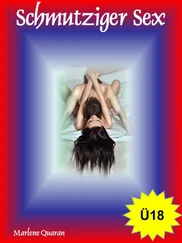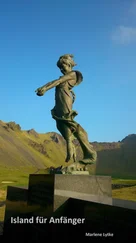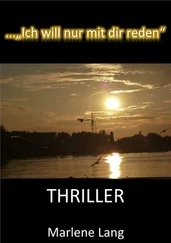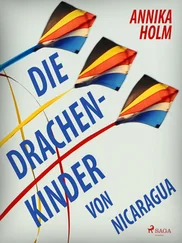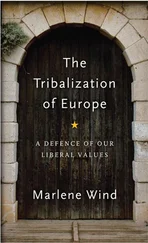How Agaat rubbed his head.
Sleep softly now, Gaat’s little one.
You got up and opened the windows. One of Agaat’s aprons was draped over the half-door of the outside room, she’d put on a clean one for the walk.
Jakkie’s jacket was over the chair. His diary, would it be in his inside pocket? But you didn’t look. You stood there and thought of Agaat’s letters to him that you’d intercepted. His case lying open. A book on top of the clothes. Polish poems translated into English. Zbiegnew Herbert. The poet was unknown to you, your son’s taste in literature an enigma to you.
You went looking for them in the old orchard, took along a cloth pocket for late oranges as alibi.
You entered by the furthest point of the orchard. The smell of rotten citrus in the sun was stupefying. It made you feel dizzy. Row after row you walked the orchard without seeing them. Near the quince avenue you felt their presence, but everything was dead still. You went closer, along the other side of the avenue, your footsteps camouflaged by the rushing water. They were sitting in the shade against the bank of the irrigation furrow with their feet in the water. Jakkie upended the flask in the cap, shook out the last drops, and drank. Agaat was looking in front of her. You could tell from her back that she was dejected and defeated. Jakkie screwed the cap back on.
So that’s the story, he said. There’s no turning back any more and I don’t know what lies ahead.
He looked in front of him.
They sat like that for a long time.
The sun was scorching your shoulders where you had lain down flat behind the bank. In front of you their backs were like closed doors. Perhaps they were talking softly without looking at each other but you couldn’t hear anything any more. Then Jakkie leant forward far over the furrow and turned his face at an angle to Agaat. Then you could read his lips.
What does the water sound like when the sluice opens in the irrigation furrow?
He answered his own question.
G-g-g-g-g-a-a-a-a-t.
He drew the a’s out, scraped the g’s gently against his palate.
Do you remember, Gaat? The sound of the sea in a shell? The sound of the wind in the wheat? Do you remember how you made me listen? And everything sounded like your name. Ggggg-aaat, says the black pine tree in the rain, the spurwinged goose when it flies up says gaatagaatagaat, the drift when it’s in flood from far away, do you remember?
Ai, you were still very small.
I always wanted to know where you came from, what your name means.
Yes, you were an inquisitive one, you.
I still am. You said you’d tell.
One day, not yet.
One day when? I’m leaving, remember.
One day when the time is ripe.
It’s time, the oranges are rotten!
Jakkie turned on his side and leant against the bank. He selected an orange from the basket, took a penknife out of his pocket.
Do you remember the knife?
Do you still have it?
I never throw away anything you’ve given me. Do you remember when you gave it to me?
Yes, it was when you turned nine, on your birthday. I had to ask nicely. Your father said you’d just get up to no good with it.
He said if I wanted a knife I had to be a man and a man can dock a tail. He forced me. You too, Ma too. My own hanslam you selected for it, would you believe.
Jakkie was speaking more loudly, vehemently, you could hear that he was upset.
I’m no longer scared of him, Gaat, for that I’ve almost seen my arse too many times in the service of his pathetic National Party. Fucking Mirages that fuck out, fucking missiles around my ears. Killed hundreds of people, more than I’ll ever know. Jesus, what a disgrace! How must I live with it for the rest of my life? I’m ashamed of it, that it happened to me, that I didn’t see it sooner. Always just: You’ll do what I tell you, chappie, salute, general! I puke of it, of this pathetic lot who tell themselves they’ve been placed here on the southernmost tip with a purpose and they represent something grandiose in the procession of nations. O wide and sorrowful land blah blah blah with flag and Word and trumpet. It’s sick! Sick! It’s better that I go away before I do something rash. He’s pathetic, my father. My mother too, she’s pathetic. They keep each other pathetic, the two of them, with all their wealth and wisdom. The whole community here intoning their anthem, peeep, squeak the little wives, bu-urp croak the husbands, they with their stud farms breeding bulls for the abattoir and babies for the army, they with their church steeples and iron fists towering towards heaven. Who do they think they are? Blind and deaf against the whole world? How long must it still carry on? And their God, he’s one of them, half-a-head elevated above the bald pate of the local dominee, God Almighty, the Auditor of the Land Bank.
The orchard has ears.
That’s what Agaat said. You knew it was meant for you. You wormed away backwards and came to your feet carefully and walked back. You picked up a few oranges at random to have something in the pocket, a proof.
Pathetic, you thought, my child thinks I’m pathetic.
You went and changed into another dress. Nobody need know that you’d crawled on your stomach. On your back where the August sun had beaten down, it felt hot for a long time after, itchy all over the shoulders.
All the time that afternoon while Jak was taking Jakkie around on the farm to see his latest activities, you felt as if another tape was spooling in your head with commentary.
The bokbaai vygies a feverish rash, the Namaqualand daisies a knee-high blaze. The whole garden an indictment, wide and sorrowful.
Jakkie stood gazing at it.
Gaat’s work, you said.
Gaat’s and mine, Jak said. Your mother, don’t you know, had fainting fits for months on end. She went and fell into the ditch that evening after your medal parade. Agaat must have told you. On top of a rotten cow. Got such a fright she was all aquiver.
Jak held open the door of the new abattoir for Jakkie. He’d always been squeamish, he said, about the slaughtering on the block, the old axes and the knives at the draining-gutter under the bluegums, where the dogs lick, where the gauze cage sways in the wind.
An abattoir was an asset on Grootmoedersdrift, he said, solidly built, complete with shiny steel surfaces, neon lights, completely automated bearing-surfaces, industrial refrigeration plants. Jak tapped against the wall, stroked the shiny surfaces with the back of his hand.
Pale in the light of the cooler, in deep marinading dishes, lay the sheep and the suckling pigs with their legs tied together. Agaat had already threaded them along the spine on the central braai rods for the spit-braai the following day.
You stood back out of the cool-room. The dull light over the rumps, the ribs and legs, the headlessness, the disgrace.
You’d stood next to Agaat the day when the installers came to demonstrate the machinery. You couldn’t watch, the fear of the animals between the railings of the isolation pen, the swinging up onto the moving hook of the living animal, the blood in the drainage chutes, the screaming saw-blade.
See, now somebody with one hand can slaughter all on her own, Jak had shouted at her above the noise.
Jak took a sheep’s head out of the cooler, held it up by the ears before Jakkie. The head from the slaughter, belonging to Dawid and company, that they’d not collected yet. He slotted the blade into the grooves with a click and took hold of the head on either side by the ears. Slowly he guided it over the steel surface to the blade.
Now watch closely, he shouted above the din to Jakkie, no mess, no splinters, no force, as quick as breaking your neck.
It was a little year-old merino ewe, earmarked for the knife, a well-filled round fringe of wool on the forehead, the ears velvety, pinkish, the wrinkled nose of her race, the mouth already slightly crooked and shrunken under the nipple-coloured snout.
Читать дальше
